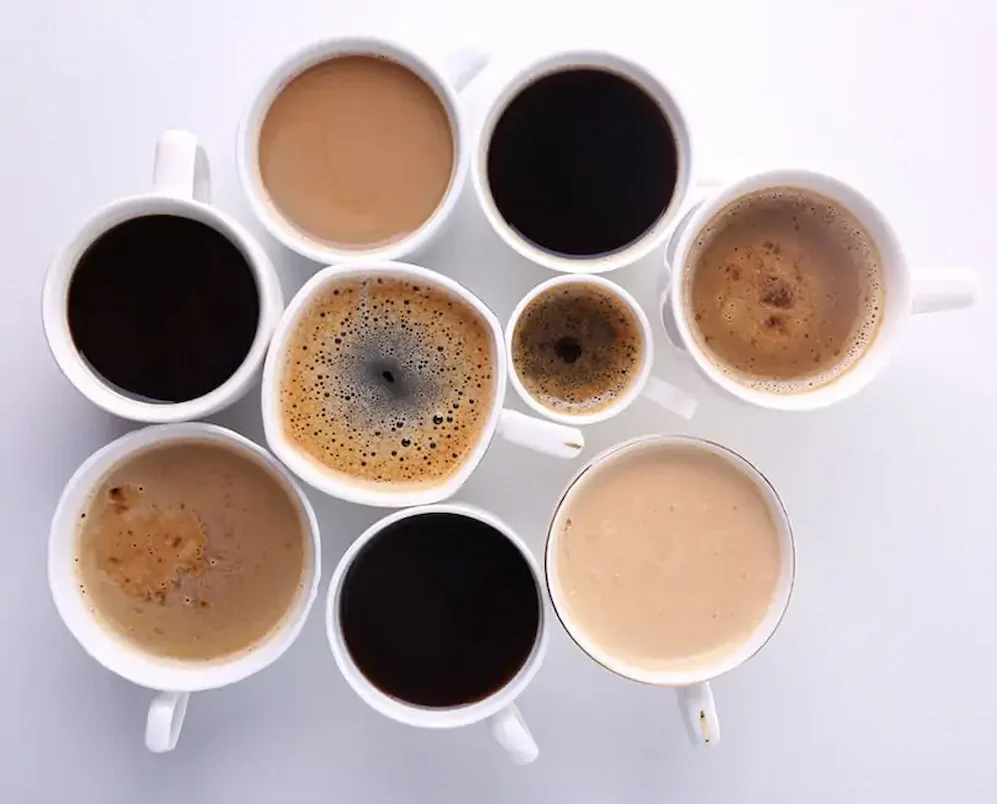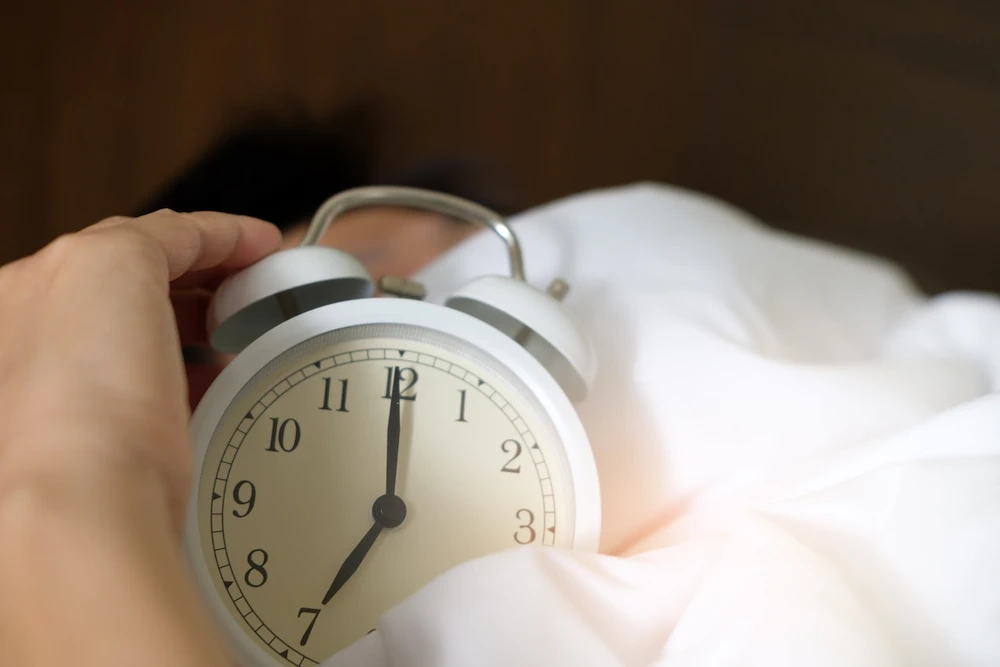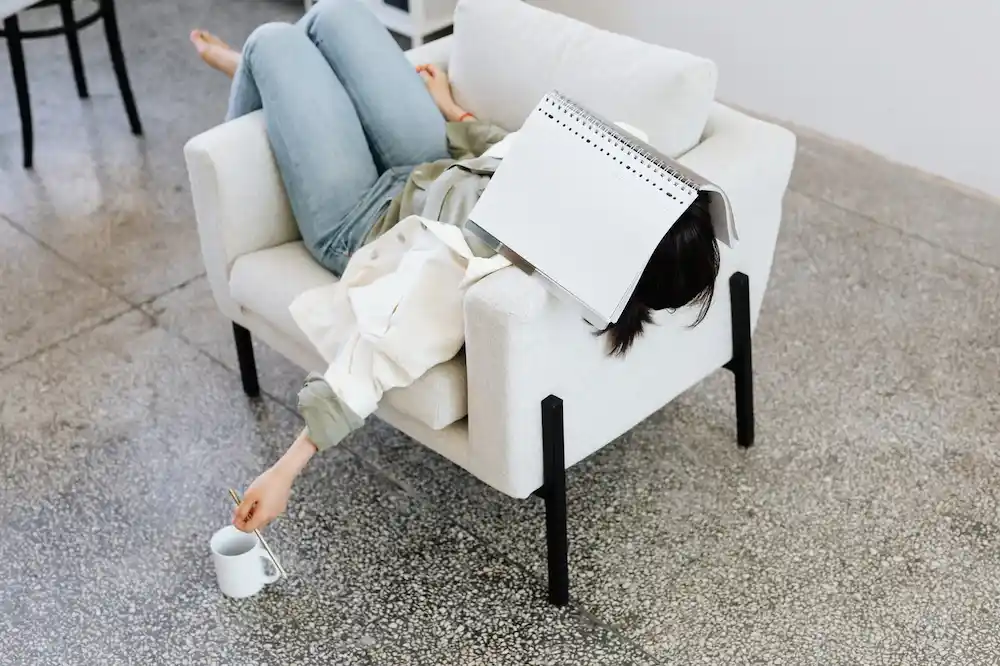As a stimulant, caffeine can increase energy levels and make you feel more alert. In the United States, coffee is the largest source of caffeine in the diet. According to the National Coffee Trends 2022 report, about 66% of Americans drink coffee daily.
Some people react differently to caffeine and feel tired after just one cup. We can often hear people saying that I feel like coffee doesn’t give me the energy I need!
But it’s not really the Java that does not give you energy and makes you tired. It’s the way caffeine affects your body that can make you sleepy. Read on to learn more about why doesn’t coffee give you energy.
Why Doesn’t Coffee Give Me Energy?
1. Caffeine Tolerance

Image Credit: Africa-Studio, Shutterstock
If you’ve built up a tolerance to caffeine, your morning brew might not do anything to perk you up. You may train your body to become less reactive to coffee by drinking it regularly. Because of this, you will need a higher dose of caffeine to get the same jolt as previously.
Maximum daily caffeine consumption should not exceed 400 milligrams, or around four cups of coffee. Once you pass this threshold, you may have built up a tolerance to caffeine and no longer experience its energizing benefits. Effects including headaches and sleeplessness might set in at higher than recommended doses.
If you find that you are no longer able to benefit from coffee, perhaps you need a break. Caffeine tolerance can be lowered by consuming less of the drug. Caffeine tolerance can be improved by periodic breaks from the stimulant.
However, those who are dependent on the stimulant may have withdrawal symptoms similar to those of a hangover if they try to cut back too quickly. Headaches and irritability are typical reactions to this disorder. Caffeine withdrawal is a process best handled gradually. A nutritionist may examine your specific needs and recommend an appropriate break duration.
2. Fatigue

Image credit: Acharaporn Kamornboonyarush, Pexels
Caffeine is not a remedy for fatigue or lack of sleep. If someone is very tired, coffee may not wake them up, and the body needs adequate sleep.
If you haven’t been getting enough uninterrupted rest lately, try going to bed earlier with sleep meditation.
3. Sugar in the Coffee
Those who like to sweeten their coffee with extra sugar may find that their blood sugar drops unexpectedly after each cup. This sweetener might come in the form of syrup or whipped cream. Those are the kinds of things you usually see in fancy coffee drinks. It comes as no surprise that coffee chains like Starbucks and Dunkin’ are pushing bigger cups and more chemicals.
But can chugging a huge coffee drink with a lot of sugar actually do anything? Sugar is metabolized significantly more quickly than caffeine by the human body. A dip in energy levels is possible once the body has used up the sugar. When this occurs entirely depends on the person. Within an hour to an hour and a half after consuming sugar, this can happen.
4. Adenosine
Adenosine is a neurotransmitter in the brain that controls the body’s 24-hour cycle of sleep and wakefulness. Adenosine levels increase during the day while you’re awake and alert. Possible explanation: this reduces the activity of basal forebrain cells, which is thought to be responsible for drowsiness. Adenosine levels go down when you get tired and head to bed.
Caffeine in coffee prevents adenosine receptors in the brain from accepting the neurotransmitter. It does not, however, prevent further adenosine synthesis or the development of more adenosine receptors. Over time, adenosine builds up and competes with caffeine for its receptors, leading to a decline in performance. Weakness in physical and mental energy may result.
5. Dehydration
Consuming large amounts of coffee can lead to dehydration since caffeine is a diuretic. Some researchers claim that caffeinated drinks have little effect on long-term urination patterns, whereas others disagree.
Drinking coffee may cause you to urinate more frequently than normal, which can lead to a vicious cycle of dehydration and fatigue.
As a first point, every time you defecate, you lose some water. Loss of body water might cause your blood volume to drop. The cardiovascular system’s reaction to this stress may change how it normally works to keep blood pressure and blood flow steady. Reduced blood pressure and increased heart rate are two of the symptoms of dehydration. The result might be a general sense of lethargy and exhaustion.
Cells lose volume of fluid when the body is dehydrated. If this disrupts their regular activities, they may also begin to feel lethargic. It’s natural to want another cup of coffee to perk yourself up, but doing so might just restart the cycle.
Vasoconstriction is another effect of caffeine. This implies that it reduces blood flow via some arteries. This has the potential to alter how blood is distributed throughout the body. Coffee drinkers may not replenish their fluid stores as effectively as they could if they switched to water.
6. Genetics
It might be in your genes not to respond to caffeine’s stimulating effects:
About 10% of the population carries a gene that makes them extremely sensitive to caffeine, according to the study’s authors. In this way, they are able to ingest large quantities of caffeine without experiencing its negative effects.
Ingesting caffeine causes a delay of around an hour before its effects are felt. The brain then rapidly receives the caffeine molecules. They accomplish this by connecting to receptors that normally receive the sleep-inducing chemical adenosine. This blocks the sleep-inducing effects of adenosine at the receptor level.
Caffeine sensitivity is heritable and depends on the affinity of your adenosine receptors for caffeine.
How to Minimize these Effects?
If you love coffee and don’t want to give it up, attempt to limit your intake to the recommended amount per day. Caffeine consumption of up to 400 mg per day is considered low. That’s two to four mugs of brewed coffee a day, depending on your preference.
If you want to fight weariness even more effectively, skip the sweetened coffee drink with the syrup and cream. Reduce your sugar and artificial sweetener intake as well. In addition, drinking water in between coffee cups might be beneficial. Switching to decaf after lunch may help those who often feel tired in the afternoon.
Always keep in mind that coffee is not the sole source of caffeine in the diet. Caffeine is included in many different types of beverages, supplements, and even painkillers. The combined caffeine intake from all sources and the frequency with which it is consumed determine the cumulative effect of caffeine on the body.
Bottom Line: Why Doesn’t Coffee Give Me Energy
Caffeine’s effectiveness can be diminished by factors such as heredity, how well you sleep, how much sugar you put in your coffee, and how often you drink it. Caffeine tolerance can be decreased by consuming less or eliminating it entirely.
Caffeine’s stimulating effects can be amplified by getting a good night’s sleep. You may reap caffeine’s energy boost without going overboard on sweets if you keep your daily caffeine intake to 400 milligrams or less.
Featured Image Credit: Karolina Grabowska, Pexels
SEE ALSO:

